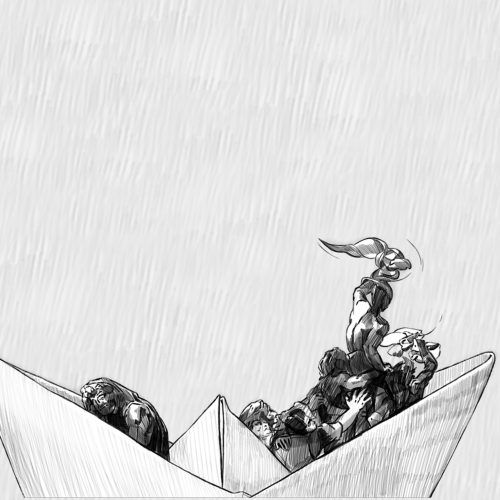US changes visa rules for students
The US government has announced changes of student visas: starting in autumn 2020 if classes are available only online (or they are available at the university, but students choose only online classes), they will not get a visa and will have to leave the US. If students implement the hybrid program: online classes and classes at the university, but in the middle of the semester, e.g. due to further restrictions related to COVID-19, the university will give up full-time classes, then students will have to leave the USA too.
According to the policy change, from autumn 2020, international students attending US universities operating only online will not be able to stay in the United States. They will have to return to their countries. It applies to persons with F-1 and M-1 visas. The F-1 visa applies to students who continue their academic studies, while the M-1 visa is intended for those interested in apprenticeships.
The decision is also unfavourable for universities that lose international students. In 2019, at American universities, there were 369 548 students from China and 202 014 from India.























